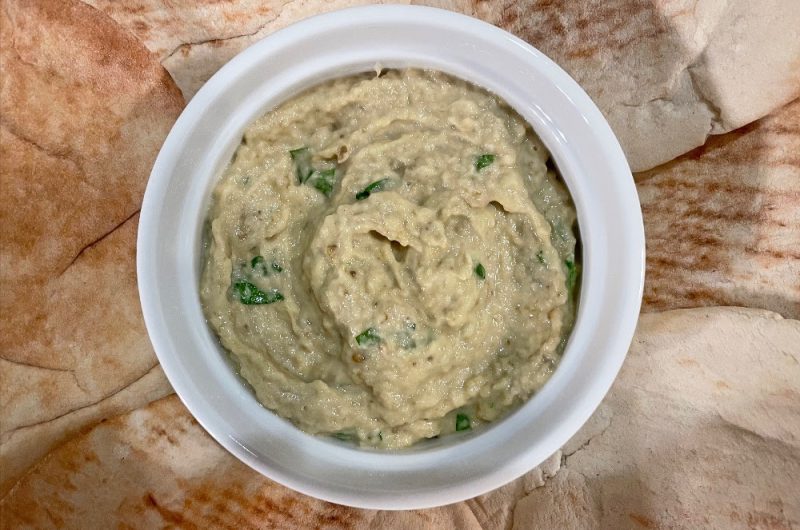
ABOUT THE ART
Agostino Veneziano (Agostino dei Musi) and Giulio Romano. Saint Mark. 1518. Engraving. 9 3/8 x 6 15/16 in. The Elisha Whittelsey Collection. The Elisha Whittelsey Fund. New York. The Metropolitan Museum of Art.
St. Mark the Evangelist – April 25
April 25th is the feast of St. Mark, the author of the Gospel of Mark. Scholars believe that Mark’s gospel is the earliest of the four canonical gospels and a source of inspiration for the others. Mark was likely an early disciple of Jesus, possibly John Mark. The Gospel tells the story of Jesus’ life and ministry from his baptism to his resurrection.
It tells the story like a mystery, where the reader, like the characters, is trying to discern Jesus’ mysterious identity (the Messianic Secret) until the Roman Centurion states, “Surely this must be the Son of God.” The Gospel moves at a quick pace from one event to another, with the word “immediately” used 41 times! Mark was a master storyteller, bringing the reader on an amazing spiritual journey.
The story goes that Mark became a missionary to Egypt, where he became the first Pope of the Coptic Church. That church, while still strong today, was a major force in Christian history. One of the most popular dishes in Egypt and the Middle East is Baba Ganoush. It is a baked or smoked eggplant dip made with tahini and spices. It is a great dip to be enjoyed with pita bread or chips.

Baba Ganoush
The flavor of Baba Ganoush is smoky, tangy, and nutty, with a creamy texture and a slight kick from the garlic and spices. It's a popular vegetarian and vegan dip that's enjoyed all over the world.
Keep the screen of your device on
Ingredients
3 medium 3 eggplants
3 medium 3 cloves garlic, minced
Juice from 1 lemon
3 tablespoons 3 tahini
1/3 cup 1/3 extra-virgin olive oil
1/4 cup 1/4 chopped parsley leaves
Salt
Directions
- Preheat a gas or charcoal grill to medium heat and place eggplants directly over heat source. Cook 30 to 40 minutes, turning occasionally, until eggplants are tender and charred on all sides.
- Wrap the eggplants with foil and let rest for at least 15 minutes.
- Working with one eggplant at a time, slice each eggplant open lengthwise. Carefully scoop out the soft flesh with a spoon and transfer to a mesh-strainer set in a large bowl. Remove out any stray bits of skin and blackened flesh and drain excess moisture using the strainer.
- Once as much moisture as possible has been removed, place the eggplant mixture in a bowl and add 3 medium cloves of minced garlic and the juice of one lemon and stir vigorously with a fork for about 2 minutes. Continuing to stir, add 3 tablespoons tahini, followed by the 1/3 cup extra-virgin olive oil. Continue stirring until the mixture is pale and creamy. Stir in 1/4 cup chopped parsley leaves and season to taste with salt.
- Baba ganoush is best enjoyed room temperature with warm pita bread.